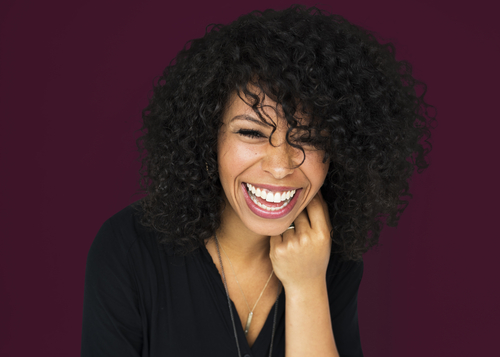Well, duh. Excuse me for the rather weird and abrupt intro but these questions really need to start having one definite answer ? which is YES. I purposefully created this article today to answer this question once and for all. Are your teeth important? Yes, they are. More than you will ever care to know. Teeth are parts of your body that you get naturally. That is to say, we get them before we even start worrying why we don?t have them. Our baby or ?milk? teeth develop around 5 to 6 months old so our first memory of getting teeth (or not getting them early) is forever lost in what we call ?infancy amnesia.? Our brains automatically limit our capacity to remember events that happen during our baby phase so it?s only natural that you don?t remember being in a hospital or in your mother?s womb. Naturally, we won?t remember what it?s like to be toothless. We only experience this kind of feeling when old age comes ? that is, if we really are unfortunate and we end up losing all our pearly whites. Anyway, it is exactly because we can?t remember what it?s like to have no teeth at all that we take this integral body part for granted. We go ?Eh, I?ll just brush my teeth tomorrow? or ?Who cares if I don?t brush as often. I?m young.? Well, news flash! We won?t forever be young and there?s no telling if our teeth will even survive until old age comes. A lot of my friends and colleagues have teeth falling out (or cranked out due to decay) during their twenties! This should tell us that having teeth has nothing to do with age. You can be fifteen and toothless if you?re not careful. Or, you can be sixty with a complete set of healthy pearls if you learn how to care for them correctly. People underestimate the impact of having a full set of pearly whites. But that?s just because they don?t know what life is like on the other side of the river. If you have friends or family that have had their own fair share of dental challenges, ask them: How?s life toothless? Is it comfortable to wear dentures? What changed after your teeth started falling out? You will be surprised at the immensity of their answers. Losing precious choppers is no joke. It?s not even a question whether they are important or not ? they are necessary. Life without teeth is a difficult one ? we just don?t realize it because we?re blessed enough to grow two sets in one lifetime. Mind you, however, once your adult set grows out, there?s no going back. Those are the chompers you have for life. And if you fail to take care of them then that?s it. That?s the end of the line for you. Here are other reasons why we believe your teeth are important without a doubt: 1. You Enjoy Food Better With Healthy Teeth I mean, do you want to drink soup for the rest of your life? Many specialists like Allure Dental in Mandeville, LA, say that chewing food normally would become impossible without incisors and molars. Food tastes better when you have something to munch it with ? and your gums certainly aren?t the guys for the job! Admit it; you need your teeth more than you know. 2. They Give You Confidence They say that a great smile makes a person three or four times more attractive ? we say it makes us a hundred times more attractive! But of course, not everyone is confident in their smile. A large factor that affects our confidence to smile is the teeth. If we have a bad set, we tend to be conscious about it. More so, if you have no teeth at all! 3. You Function Better Overall Have you ever missed a day at work because of a toothache? When our pearly whites start to go bad, all sorts of problems come up ? most of which involve a high degree of pain. If you don?t want to visit the dentist anytime soon, take better care of your dental health. Conclusion Your teeth are incredibly important, and dental health can make a big impact on overall wellbeing. Take care of your overall health by taking care of your teeth.
Are My Teeth Important? Here’s What To Know About Dental Care

Share This Article
John Henning is a nutritionist, freelance writer, and food blogger that provides accessible nutrition info to help people live a healthier life. His unique approach to nutrition emphasizes nutrient-dense, whole foods and healthy habits rather than restrictive diets.
